Alexander von Humboldt was a German naturalist, explorer and botanist. He played a prominent role in the exploration of Latin America. Friedrich Heinrich Alexander von Humboldt was born in Berlin on September 14, 1769. His family was influential. His father was an army officer, and his older brother, Wilhelm Von Humboldt, would become a famous philosopher and politician. At 18, Alexander began his university education. He initially studied economics, but soon discovered a passion for science and devoted himself to physics, geology and astronomy.
He wrote his first work when he was 21: a geological treatise on the rocks of the Rhine River. He became close to German naturalist Georg Forster, famous for having taken part in one of the first expeditions to Australia. Inspired by Forster, Humboldt decided he would devote his life to exploration. In 1799 Humboldt sailed from La Coruña, in Spain, at the head of an expedition to South America. That same year he arrived in Cumanà, Venezuela, where he navigated the Orinoco River and explored the entire Amazon pluvial system. After visiting Cuba and Colombia, he climbed the Chimborazo volcano in the Andes, reaching an altitude of almost 6,000 meters. During his voyage he carried out a wealth of scientific research, studying plants, animals and minerals wherever he found them. He carefully observed hurricanes and other meteorological phenomena. Most importantly, he discovered the cold ocean current off the coasts of Chile and Peru, named the Humboldt Current in his honor. He returned to Europe in 1804 and published a book on his travels that made him an extremely popular figure.
Humboldt wouldn’t travel again until 1829, when he was 60. He explored Central Asia from the Urals to the Chinese border on an assignment for the Russian government. After returning home, he devoted the last years of his life to writing Kosmos, a collection of five books about all his discoveries and studies. Humboldt died on May 6, 1859 in Berlin. He was almost 90. Initially, the scientific community was skeptical of Kosmos, but the work became better appreciated over time. Today Humboldt is considered the founder of climatology, a science that studies weather, and of phytogeography, or the study of the relationship between geography and the distribution of plants.
He wrote his first work when he was 21: a geological treatise on the rocks of the Rhine River. He became close to German naturalist Georg Forster, famous for having taken part in one of the first expeditions to Australia. Inspired by Forster, Humboldt decided he would devote his life to exploration. In 1799 Humboldt sailed from La Coruña, in Spain, at the head of an expedition to South America. That same year he arrived in Cumanà, Venezuela, where he navigated the Orinoco River and explored the entire Amazon pluvial system. After visiting Cuba and Colombia, he climbed the Chimborazo volcano in the Andes, reaching an altitude of almost 6,000 meters. During his voyage he carried out a wealth of scientific research, studying plants, animals and minerals wherever he found them. He carefully observed hurricanes and other meteorological phenomena. Most importantly, he discovered the cold ocean current off the coasts of Chile and Peru, named the Humboldt Current in his honor. He returned to Europe in 1804 and published a book on his travels that made him an extremely popular figure.
Humboldt wouldn’t travel again until 1829, when he was 60. He explored Central Asia from the Urals to the Chinese border on an assignment for the Russian government. After returning home, he devoted the last years of his life to writing Kosmos, a collection of five books about all his discoveries and studies. Humboldt died on May 6, 1859 in Berlin. He was almost 90. Initially, the scientific community was skeptical of Kosmos, but the work became better appreciated over time. Today Humboldt is considered the founder of climatology, a science that studies weather, and of phytogeography, or the study of the relationship between geography and the distribution of plants.
RELATED


DWIGHT EISENHOWER
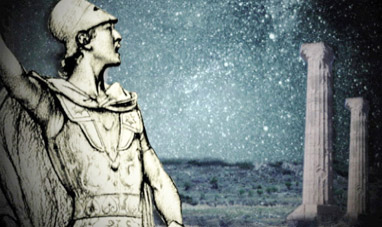

ALEXANDER THE GREAT
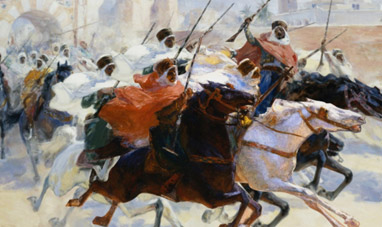

ABBAS I THE GREAT
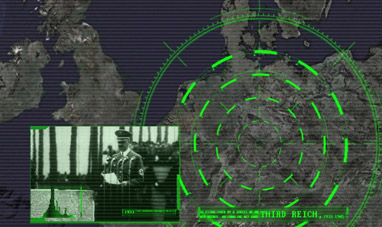

RICHARD SORGE


JIMMY CARTER
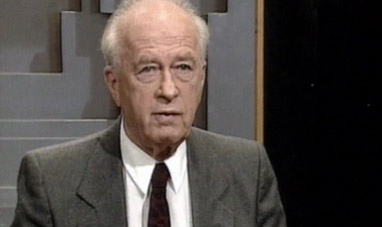

YITZHAK RABIN
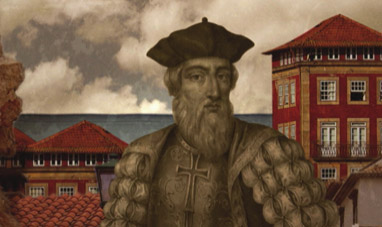

VASCO DA GAMA
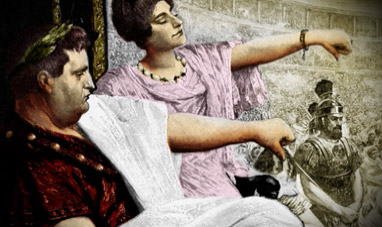

NERO


MARKUS WOLF


REINHARD GEHLEN
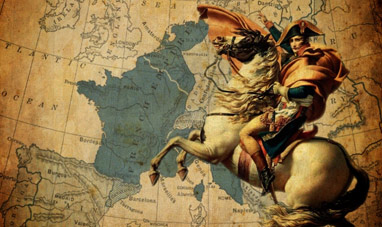

NAPOLEON BONAPARTE
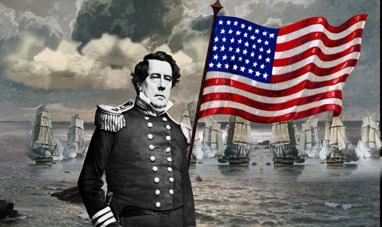

MATTHEW C. PERRY


MARTIN LUTHER KING
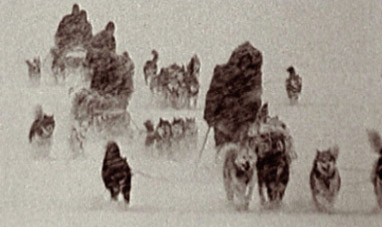

DISCOVERING THE SOUTH POLE
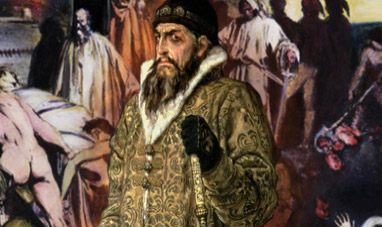

IVAN THE TERRIBLE
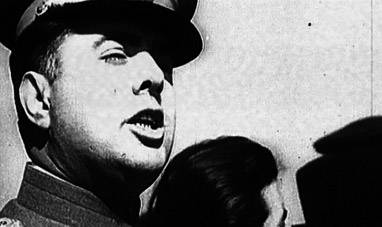

ENVER HOXHA
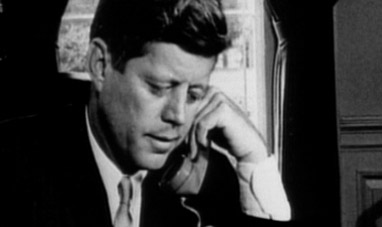

JOHN FITZGERALD KENNEDY
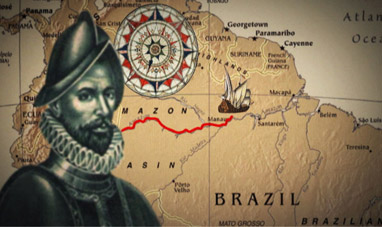

FRANCISCO DE ORELLANA


LEANDRO ARAGONCILLO
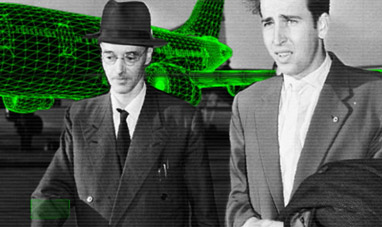

KLAUS EMIL FUCHS
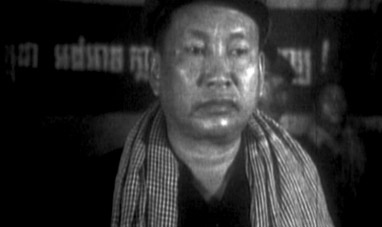

POL POT


JOSEPH GOEBBELS
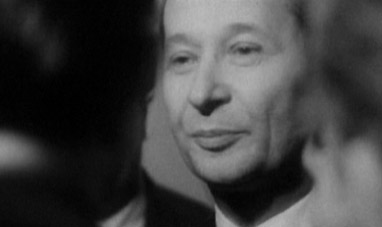

ALEXANDER DUBCEK
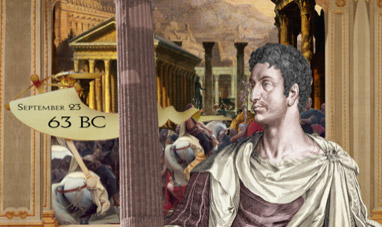

AUGUSTUS
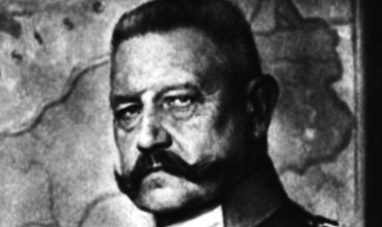

PAUL VON HINDENBURG
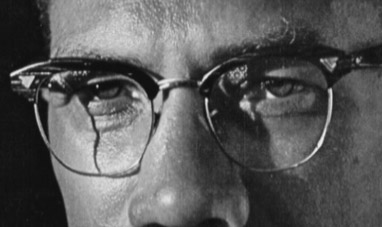

MALCOLM X
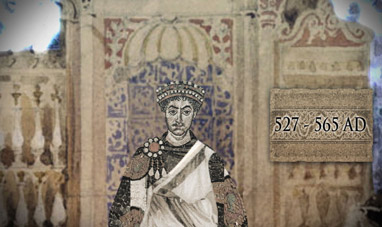

JUSTINIAN I
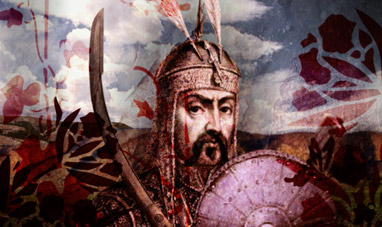

GENGHIS KHAN
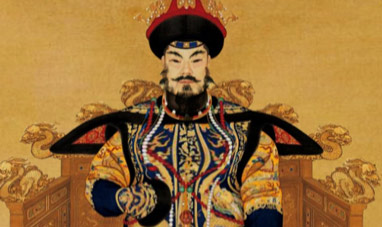

QIN SHI HUANG
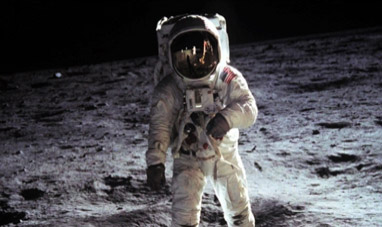

NEIL ARMSTRONG
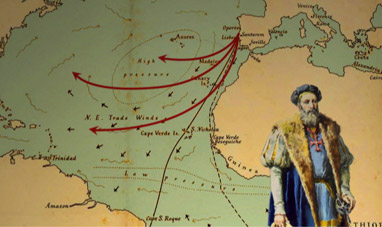

PEDRO ÁLVARES CABRAL
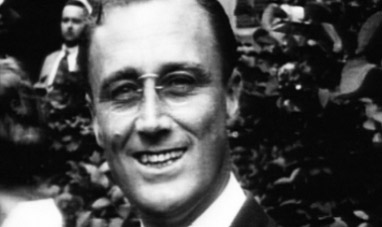

FRANKLIN DELANO ROOSEVELT
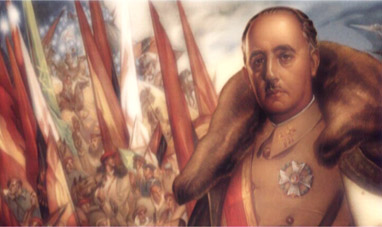

FRANCISCO FRANCO


STALIN
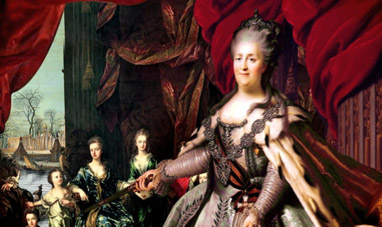

CATHERINE THE GREAT


RUHOLLAH KHOMEINI
